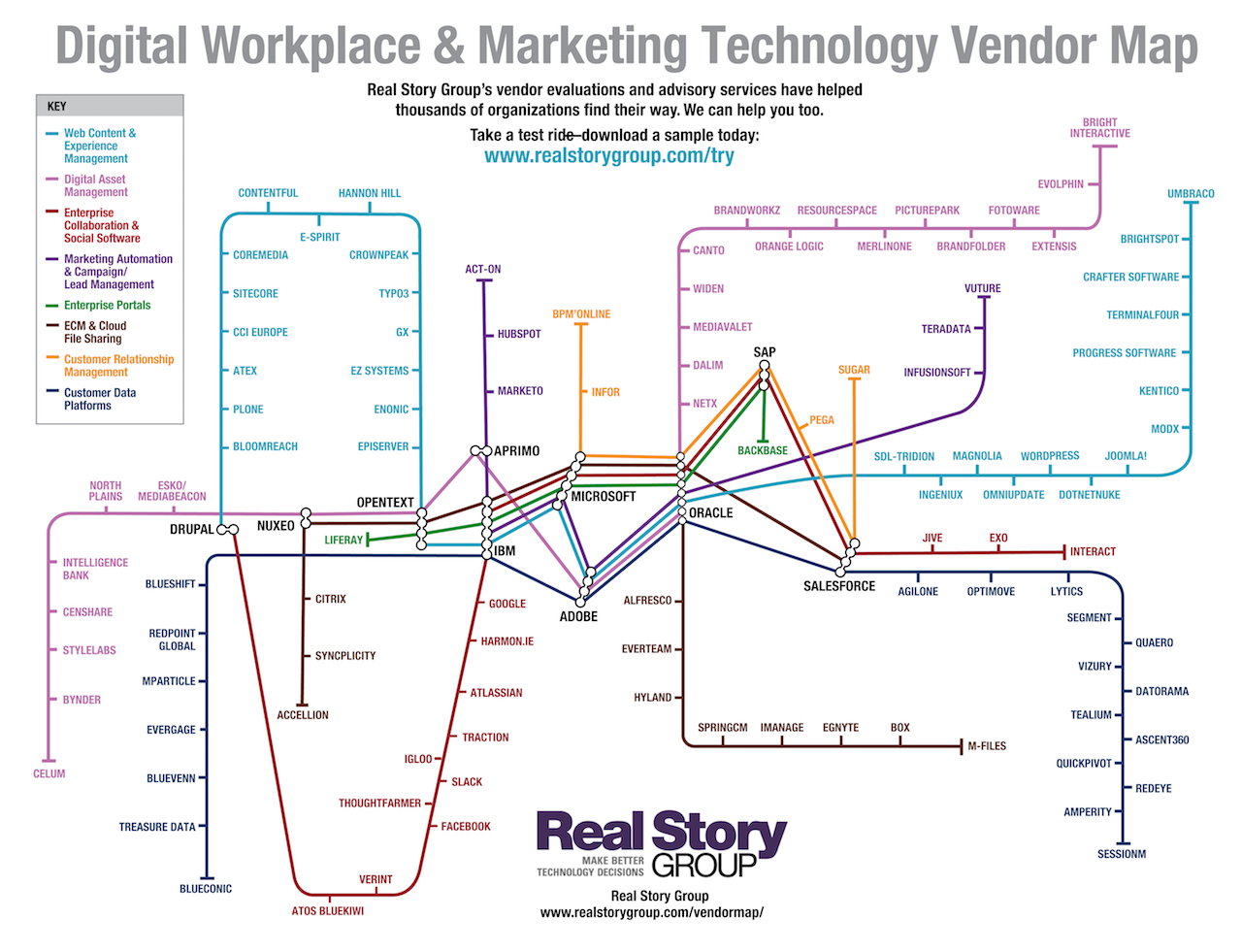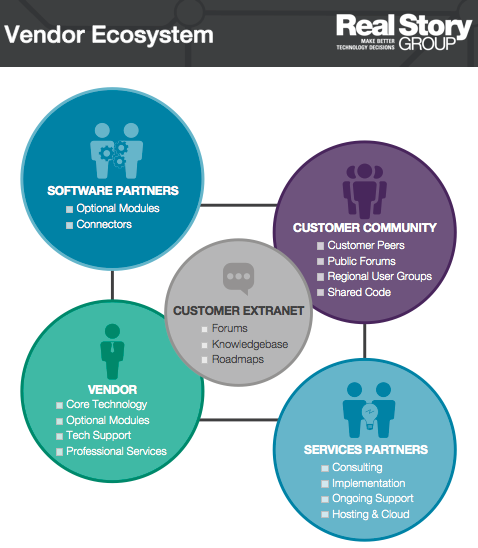Google, DocVerse, Jive, and vendor-switching in the Cloud
Google bought DocVerse two weeks ago -- but that was hardly a surprise. DocVerse allows people to collaborate on the same Office document via special plug-in. The software syncs and shares the changes. For that purpose, it keeps a document online, where you can also view and edit it -- so it's a partly SaaS-based solution.
For Google, DocVerse helps to fill the missing link between Apps and your desktop. Google doesn't need the online Office viewer/editor -- Apps will do that. However, with the DocVerse Office plug-in, Google hopes to be one step closer in its attack on SharePoint scenarios. (Google's previous attempts at such connectors were no more than a sparse proof-of-concept built on top of the API.)
That all sounds promising, but the impact for existing customers of acquisitions like this is not always positive. At a time when many of your vendors are embedding third-party services (often based in the cloud), it can create a domino effect when components start switching hands.
A case-in-point happened days before the DocVerse acquisition -- when Google bought Picnik, the on-line image editor also used by Flickr. Or more exactly, Yahoo's Flickr, with Yahoo suddenly finding itself relying on it's competitor's services.
With Google now owning DocVerse, the first casualty is Jive -- also targeting SharePoint scenarios with its SBS 4.0 offering. At the end of last year, Jive signed a deal with DocVerse to provide preview, editing, and mark-up of Office documents right in Jive SBS; with the notes also synchronizing back to the actual documents.
When I saw a demo, I was actually quite impressed. It provides a very nice combination of online and desktop use. Put up a PowerPoint deck, have a discussion about it, add notes to the slides, then go back to PowerPoint to use those notes to change the deck. This would even work with SharePoint as a back-end repository.
But of course, now that DocVerse is owned by Google, Jive's "Office Connector" is up in the air, and with it, an important component of Jive's targeting of the regular Office environment as well. It appears that Jive's deal with DocVerse will run for some more months (I'm assuming until late this year), so current customers aren't immediately affected. But after that, it's a problem. Jive assures me the viewer component -- which Google seems blasé about -- will still remain available. But the synchronization back to the desktop Office documents will not, which should have Jive scrambling to find a replacement. And if you want to know whether that's trivial -- it isn't, considering Google felt that component was worth some $25m. We'll have to see how Jive manages to fill that void.
This was just a footnote in the coverage of the Google/DocVerse acquisition, so it's probably something most people have missed about Jive. And that gets me back to something I've mentioned before on this blog: if you're getting social, community, or collaboration software, you'll still have to take a very careful look at how these tools actually work. It might save you a lot of headaches in the long run.
Vendors have always embedded or OEM'ed third-party tools, so this particular episode is nothing new to experienced IT managers. However, the advent of more "cloud-based" services seems to be accellerating the trend. It's easier now for vendors to find specialized suppliers of niche functionality. On the whole, that's good, but remember that you end up sharing the risks as well as the rewards. Perform your diligence on the primary vendor, but also any 3rd-party services they're applying. Then ask, "what happens if that other supplier goes away?"







